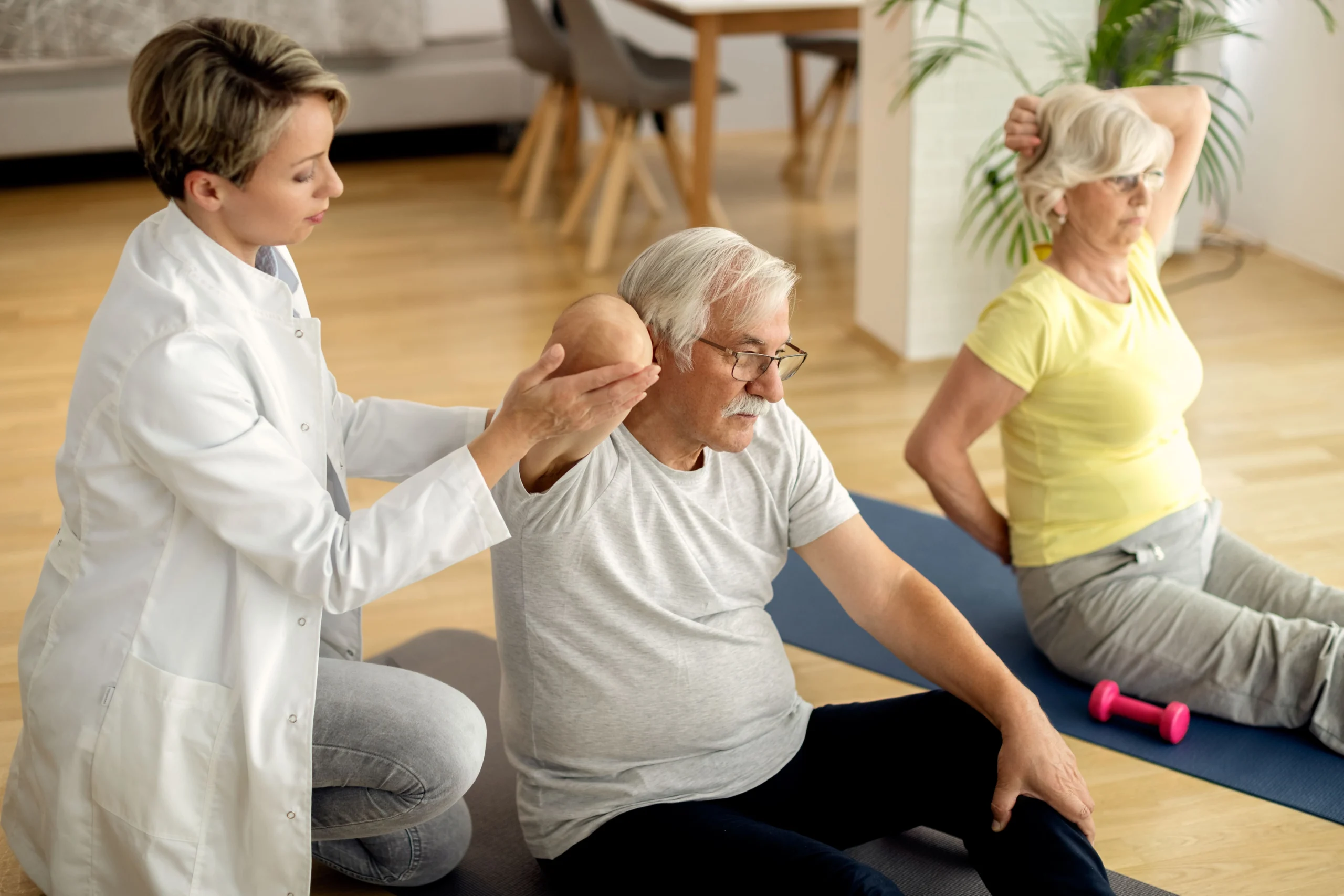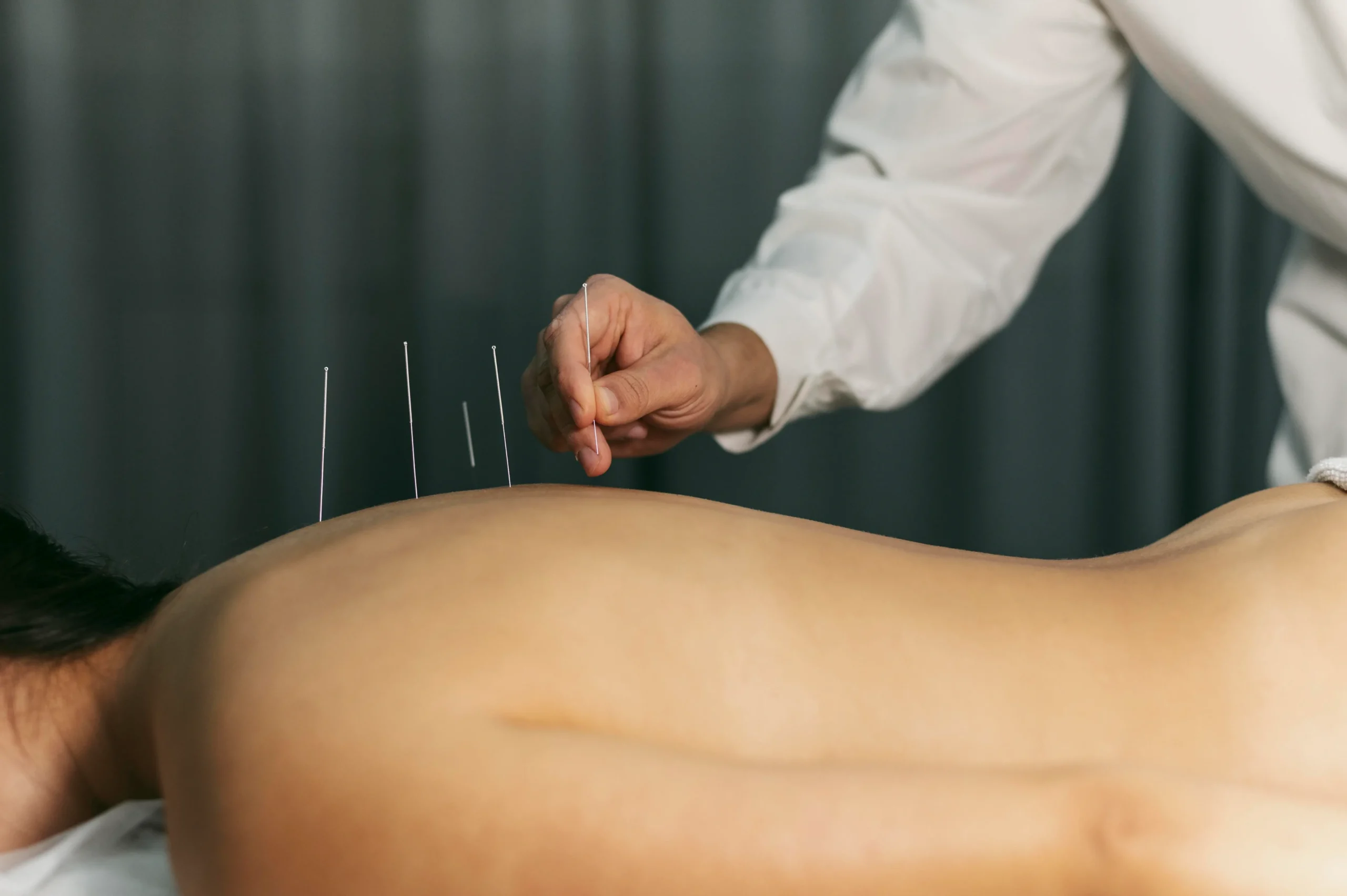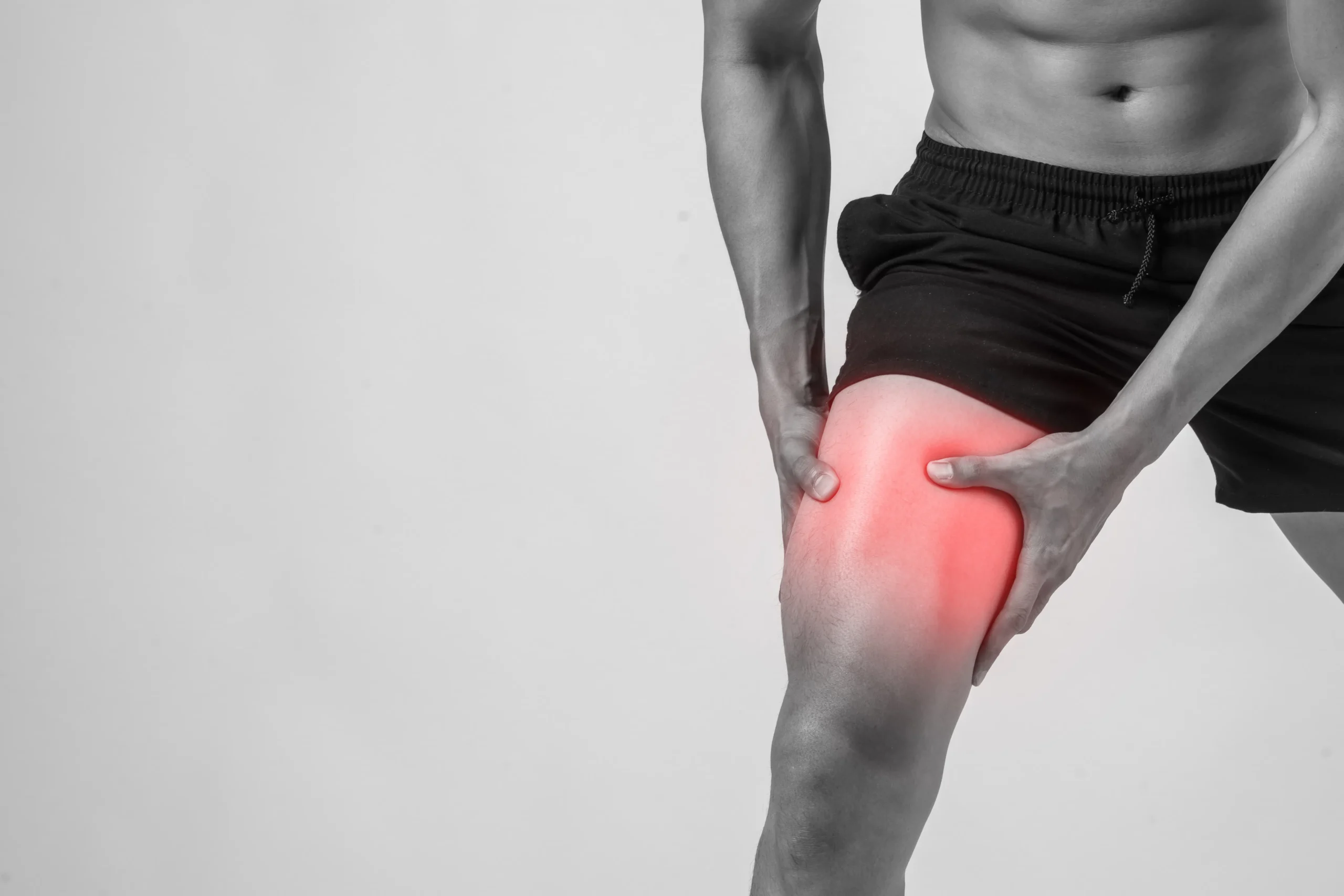

How Physiotherapy Can Help Relieve Acute Back Pain
Acute back pain is one of the most common musculoskeletal complaints affecting people of all ages. Whether it’s triggered by a sudden movement, poor posture, heavy lifting, or prolonged sitting, the pain can severely disrupt daily activities and reduce quality of life. Fortunately, with proper intervention, recovery can be both swift and effective, and this is where Physiotherapy Malaysia stands out as an essential healthcare service.
At Synapse Physiotherapy, with clinics conveniently located across the Klang Valley including Damansara Heights, our team specialises in diagnosing, treating, and preventing acute back pain using evidence-based techniques. Physiotherapy Malaysia offers tailored treatment plans to address the root cause of pain, not just the symptoms, helping patients regain mobility, strength, and confidence in movement. Whether you’re an office worker, athlete, or retiree, early physiotherapy intervention can make all the difference in preventing short-term pain from becoming a chronic issue.
Understanding Acute Back Pain
Acute back pain refers to pain lasting less than six weeks. It can appear suddenly, after bending awkwardly, lifting heavy objects, or sleeping in an uncomfortable position. Common causes include:
- Muscle or ligament strain from improper lifting or sudden movements.
- Herniated or slipped discs compressing nearby nerves.
- Poor posture from long hours at a desk or device use.
- Joint dysfunction, resulting in misalignment or restricted spinal movement.
Symptoms range from dull aches to sharp pains, often limiting mobility or radiating to the legs. Physiotherapy Malaysia emphasises early assessment and treatment to prevent symptoms from worsening.
How Physiotherapy Helps with Acute Back Pain
Physiotherapy plays a vital role in both relieving pain and addressing its causes. At Synapse Physiotherapy, the aim is to restore pain-free function through a holistic and personalised approach. Central to this is the expertise available at Physiotherapy Malaysia, supporting comprehensive recovery plans for every patient.
1. Accurate Assessment and Diagnosis
Your first visit involves a detailed review, posture analysis, and specific testing to identify the affected structures. This ensures treatment targets the actual source of pain, a process at the heart of Physiotherapy Malaysia’s clinical excellence.
2. Pain Relief Techniques
Evidence-based techniques like manual therapy, electrotherapy, and heat/cold treatments are used to reduce pain and inflammation. These interventions, offered by Physiotherapy Malaysia, calm symptoms and support patients in starting effective rehabilitation early.
3. Exercise Prescription
Movement is medicine, physiotherapists prescribe exercises for stretching, core strengthening, mobility, and functional retraining. At Physiotherapy Malaysia, these programs are tailored to your condition and progressively adjusted for optimal results.
4. Posture and Ergonomic Education
Many cases of acute back pain are preventable. Physiotherapists at Synapse provide advice on posture, ergonomic setups, safe lifting, and sleep positions. These strategies are a core part of education at Physiotherapy Malaysia to maintain spinal health and prevent future episodes.
5. Lifestyle and Activity Guidance
Beyond the clinic, Synapse offers guidance on safe activity levels, nutrition for recovery, and gradual return to everyday routines. The holistic focus at Physiotherapy Malaysia empowers individuals to manage their own recovery and long-term wellness.
Why Early Physiotherapy Intervention Matters
Some people rely on rest or painkillers, but prolonged inactivity can worsen recovery. Research shows early intervention, with help from Physiotherapy Malaysia, leads to faster healing and reduced risk of chronic pain by restoring movement and strengthening supportive muscles.
Synapse Physiotherapy’s Approach to Back Pain Relief
What makes Synapse Physiotherapy and Physiotherapy Malaysia unique is the combination of clinical expertise and patient-focused care. Every session integrates treatment, ongoing progress reviews, lifestyle advice, and education.
With clinics in Damansara Heights, Mont Kiara, and Subang, expert care is close by.
When to Seek Physiotherapy for Acute Back Pain
Consult a physiotherapist if you experience:
- Sudden pain after movement or lifting.
- Increasing pain with movement or sitting.
- Stiffness or limited mobility.
- Tingling, numbness, or leg pains.
- Recurring pain episodes.
Early treatment from Physiotherapy Malaysia helps prevent long-term complications.
Take Control of Your Back Health
Acute back pain can seem overwhelming, but with guidance from Physiotherapy Malaysia, recovery is not only possible, it’s within reach.
If you are searching for effective, patient-focused care in Physiotherapy Malaysia, look no further than Synapse Physiotherapy. Our expert team is ready to help you move better, feel better, and live pain-free.
Tags :

Back & Neck Pain
- Spine & Core Rehabilitation
- Strength & Conditioning Programme
- Pain Management
- Biomechanical Assessment
- Sports Physiotherapy
- Group Class

Sports Injuries
- Strength & Conditioning Programme
- Pain Management
- Biomechanical Assessment
- Sports Physiotherapy
- Shockwave Therapy
- Group Class

Work Desk Injuries
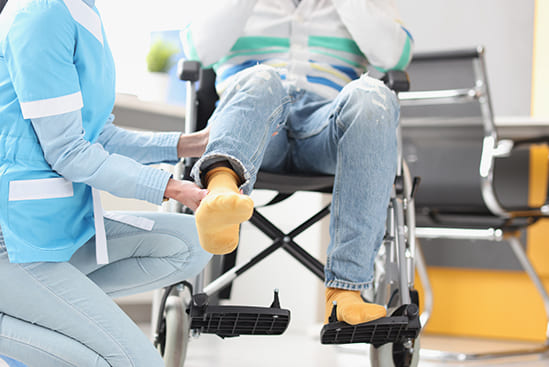
Pre-Post-Surgical Conditions

Scoliosis & Postural Abnormalities

Neurological Conditions
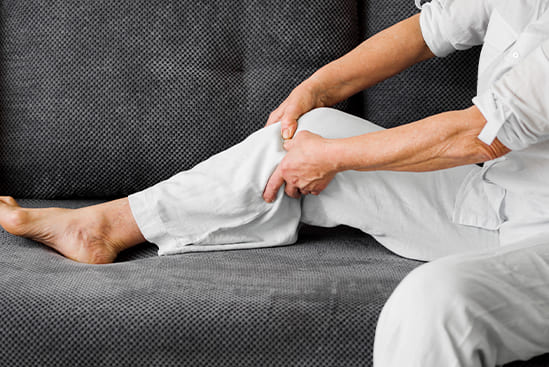
Osteoarthritis & Rheumatism
Joint degeneration and inflammation happens as the human body grows older, but that does not mean our way of life degenerates as well. Relief your joint pains with a joint effort together with your physiotherapist, who will provide pain-relief treatments and prescribe exercises for your wellbeing.

Conditions Relating To Elderly
Common conditions in the older age population include hips & knee pain, back & neck pain, osteoarthritis, rheumatism, fear of falling and many more. Aging and degeneration of bodily function is inevitable, but here at Synapse, we will help you live the best of your life.


